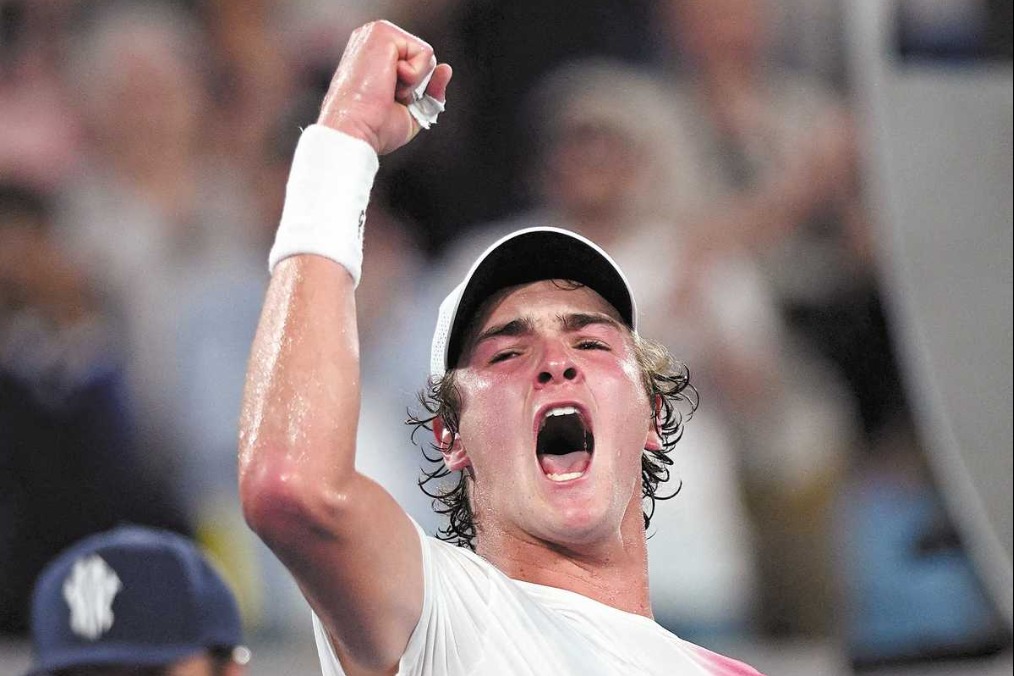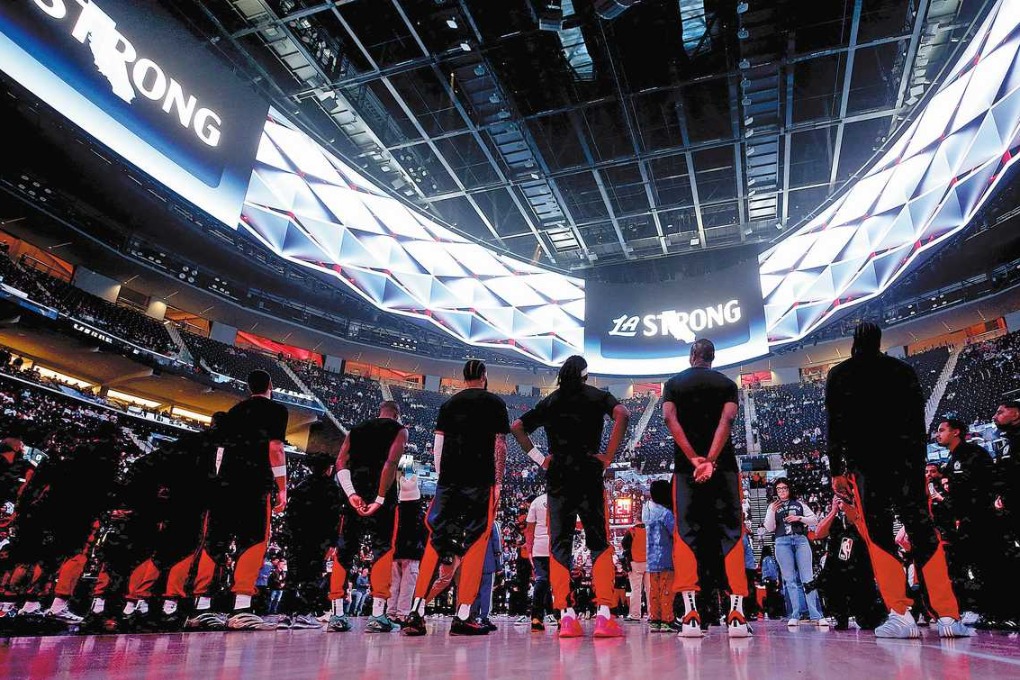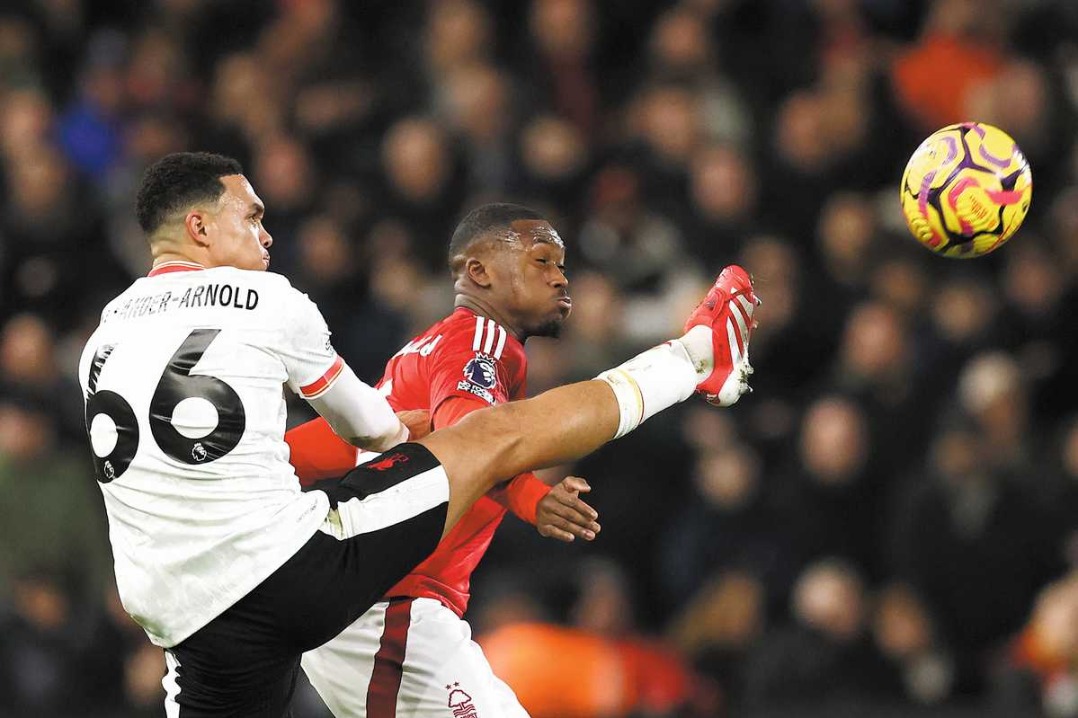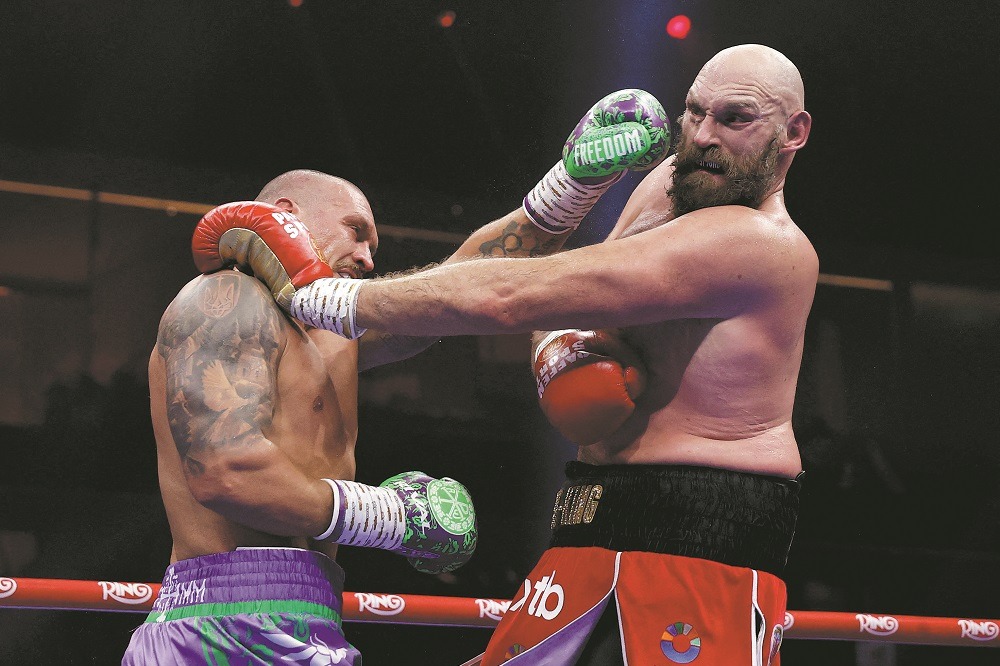F1's scheduling conundrum

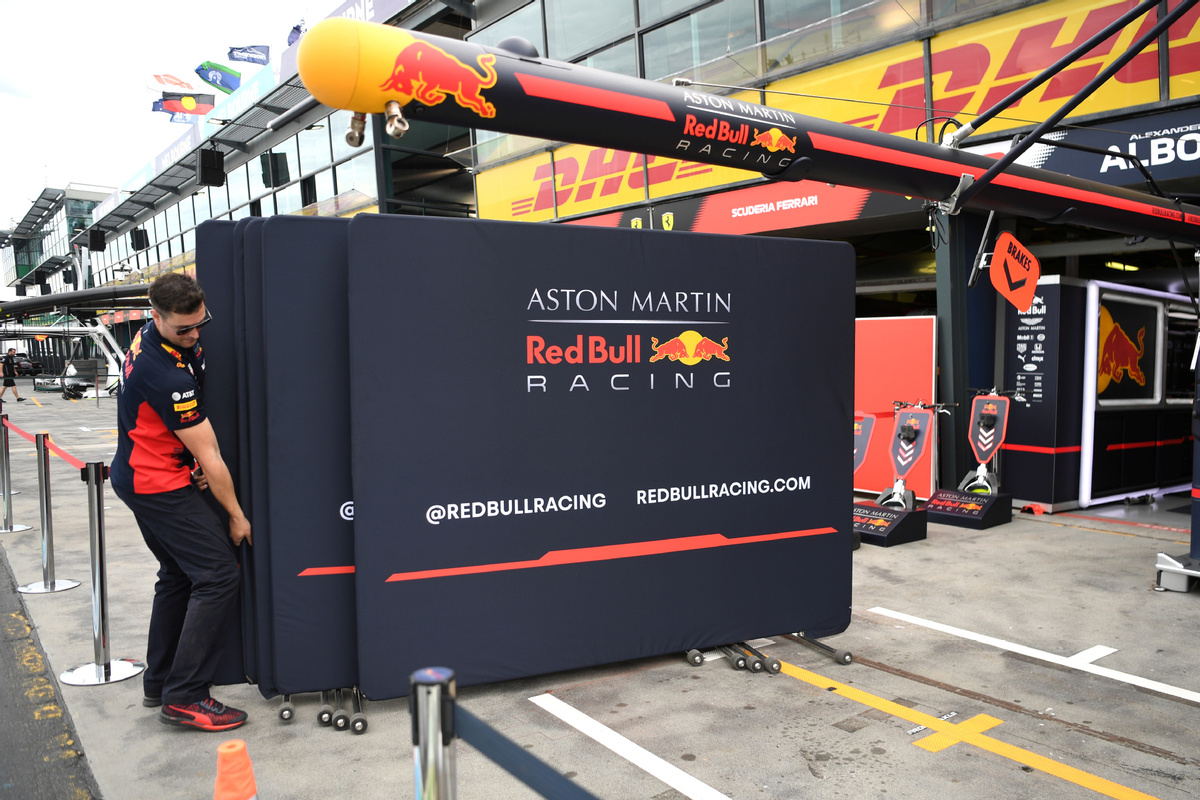
MELBOURNE, Australia - The curtain-raiser has been canceled. The second, third and fourth events have already been postponed.
The Formula One series-the "big circus" as six-time world champion Lewis Hamilton calls it-doesn't really have a starting line after the season-opening Australian Grand Prix was canceled last weekend because of the coronavirus pandemic.
Where next? Some have suggested the season won't get underway until June, at the Azerbaijan Grand Prix in Baku.
There are five GPs on the calendar between now and then, including Spain and Monaco.
Formula One canceled the Australian Grand Prix and postponed the next three races in Bahrain, Vietnam and China.
They hope to start the season in Europe at the end of May, putting the Dutch and Spanish races currently scheduled for May 3 and 10 in Zandvoort and Barcelona in doubt.
Travel bans or restrictions amid the growing toll from the COVID-19 illness are making predictions difficult.
"Everybody wants an answer-you can't force an answer to something we don't have an answer to," Formula One chairman Chase Carey said.
"We're reaching out to every expert we can around the world-we're a global sport. We're not dealing with one country.... we're dealing with an array of complexity. I don't think at this point it's productive to get into hypotheticals."
McLaren had already withdrawn because a team member tested positive for the coronavirus at the Australian Grand Prix. McLaren said the infected person "is recovering well" and that his "symptoms have gone".
The British team pulled out of the season-opening Formula One race on Thursday because of the positive test.
Fourteen members of the team were also placed in quarantine for 14 days after coming into close contact with the person who tested positive for the virus. McLaren chief executive Zak Brown said they are in "good spirits".
McLaren said the rest of the team has returned to Britain but will not go to the team's headquarters for two weeks as a precaution.
But the global nature of F1, with 22 races scheduled from March to November and spread from Australia to Asia to the Middle East to Europe and the Americas, compounds the degree of difficulty in getting the timing right.
"We're a sport traveling around the world that really started to move everything here last weekend," Carey said, defending the decision to bring 10 F1 teams and hundreds of staff to Australia while the coronavirus was spreading.
"There's a lead time to what we do."
The decision to cancel the Australian race appeared to be the only option with the health and safety situation changing so rapidly.
"Obviously in hindsight it looks different," he said. "But when things were changing as rapidly as they were, we were dealing with it in real time ... in a very difficult, challenging time. I think we all agreed that we made the right decision."
Australian organizers said it would be nice to stage the race later in the year, but that's unlikely given the distance and the crowded calendar later in 2020.
Ferrari is based in northern Italy, the epicenter of the virus outbreak in Europe. Some governments have imposed bans on travelers from Italy, causing other potential issues for F1.
"In many ways, this is an unprecedented situation, certainly I've never lived through anything like this," Carey said, reflecting on the process that resulted in the cancellation in Australia.
"The magnitude, the unpredictability, the fluidity of this. In that sort of situation, it's important to get as much input as you can.
"Everybody came to the same place and made decisions that are right for our sports and for the places having our events."
AP Via Xinhua
Most Popular
- Some Paris Games athletes ask for medals to be replaced
- Musetti's man bun is gone, but he still wins by a hair
- Teen qualifier Fonseca 'wants more and more' after upset win
- Djokovic makes slice of history
- Devastating LA fires prompt hot debate on 2028 Olympics safety
- 'Outstanding' Reds deserved more than Forest draw: Slot
















